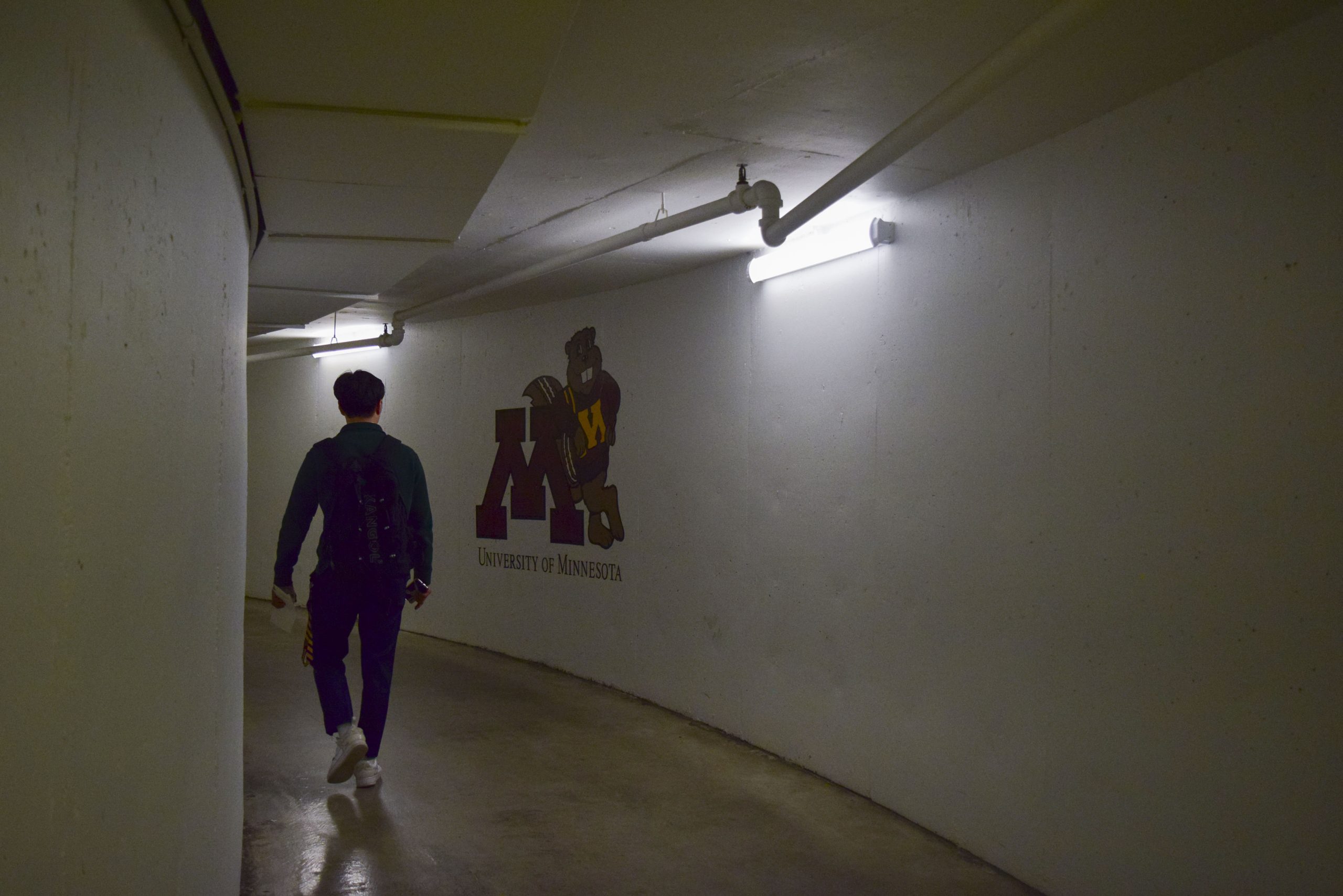The debate over the trial in a New York civilian court of the five Sept. 11 terror suspects formerly held in Guantanamo has gained momentum. The trial is planned in a Manhattan federal court, just blocks away from where the World Trade Center was attacked by hijackers reportedly hired by al-Qaida. The incident left nearly 3,000 people dead. The emerging debates over the Obama administrationâÄôs decision have emotional, legal and political dimensions; however, it is likely to pave a way toward the resolution of the most pressing terrorism-detention issue in the United States, as a few commentators observe. Attorney General Eric Holder terms the decision of a civilian-court trial a âÄúsignificant step forwardâÄù in bringing an effort to close Guantanamo. According to him, the initiative will bring justice to those individuals who have conspired to attack AmericaâÄôs interest at home and abroad. It is natural that those who lost their loved ones Sept. 11 would not welcome this move; rather, they are fearful of the suspectsâÄô arrival to the American mainland. There is no alternative to such emotional reactions. Some of these relatives feel that those suspects who killed innocent civilians donâÄôt deserve the protections provided by the criminal justice system. Never to waste a good terrorism cue, Republicans are viewing this move as another possibility of attack against the United States at home and abroad. They are terming the new decision an âÄúirresponsibleâÄù move and observe that the prosecution of the Sept. 11 masterminds in New York is to protect the interests of âÄúliberal special-interest groupsâÄù but say that it puts the safety and security of the American people at risk. They are also critical of President Barack ObamaâÄôs administration, accusing them of âÄútreating terrorism as a law enforcement issue.âÄù According to this persuasion, there is a need for a âÄúreal strategy for fighting and winning the war on AmericaâÄôs terrorist enemies that includes an effective, credible and consistent plan for all terrorist detainees.âÄù Commentators in line with this view also argue that the attack on Sept. 11 âÄî the mass killing of civilian people âÄî is a classic war crime. Therefore, trial of that crime in a military commission is appropriate. From the human-rights standpoint, organizations like the American Civil Liberties Union appreciate the decision to try the individuals in civilian court. They find it a victory for the âÄúrule of law.âÄù ObamaâÄôs decision to try the Guantanamo detainees in a civilian court is a major policy shift from his predecessor, President George W. Bush. The Bush administrationâÄôs view was that the suspected al-Qaida members should not be treated like civilians, nor should they be given the rights of ordinary criminals. However, trial in military tribunal has been found to be a legal problem. In 2006, the U.S. Supreme Court declared unconstitutional the military tribunal formed by the then Bush administration to put terror suspects in Guantanamo on trial. To cope with the courtâÄôs decision, Congress then passed the Military Commissions Act of 2006. This law aimed to authorize the trial by military commission for âÄúviolations of the law of war.âÄù However, eventually, the MCA was also declared unconstitutional by the Supreme Court in 2008. With this backdrop, Obama signed the 2010 National Defense Authorization Act in October. This new law will reportedly facilitate the formation of a âÄúnew and improvedâÄù military commission to bring the accused war-crime terror suspects to trial. A task force consisting of prosecutors from the Department of Justice and the Pentagon has reportedly developed a mechanism to identify what to do with each of the detainees, with factors reportedly including the place of terror incidents, the identity of victim and the method of gathering evidences. Khalid Sheikh Mohammed, one of the five suspects to be put on trial and the self-described mastermind of the Sept. 11 terrorist attack, was reported to have been waterboarded 183 times in March 2003 alone. Obama has called the practice torture, and the CIA has admitted to using the method on Abd Al-Rahim Al-Nashiri, who will face trial, unlike Mohammed, before a military commission. However, these two streams of prosecutions for terror suspects, in the military commission and civilian courts, have again drawn criticism from human-rights groups and legal experts. According to them, this will facilitate a class divide justice, they comment. The trial of the Sept. 11 suspects in the civilian courts indeed puts the Obama administration under high pressure. At the very least, it âÄúshows the world that this country stands firmly behind its legal system and the Constitution,âÄù as Sen. Russ Feingold, D-Wis., commented last week. Uttam Das welcomes comments at [email protected]










